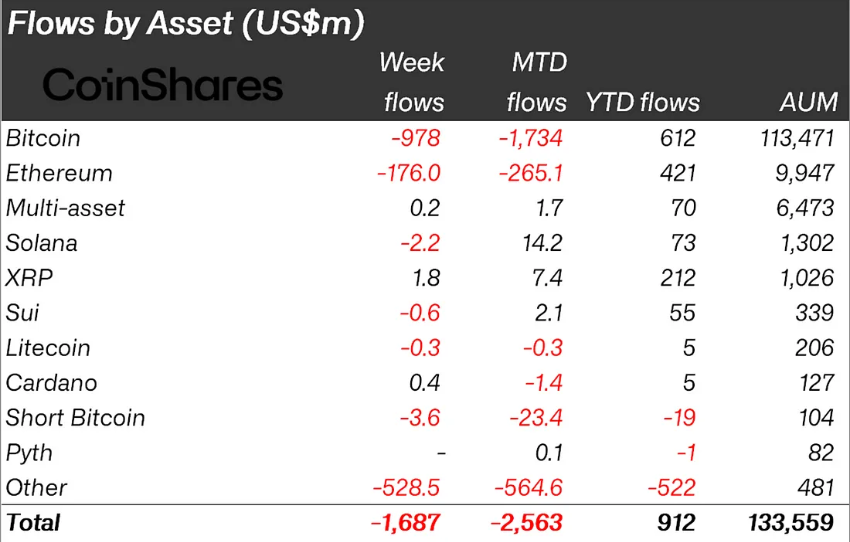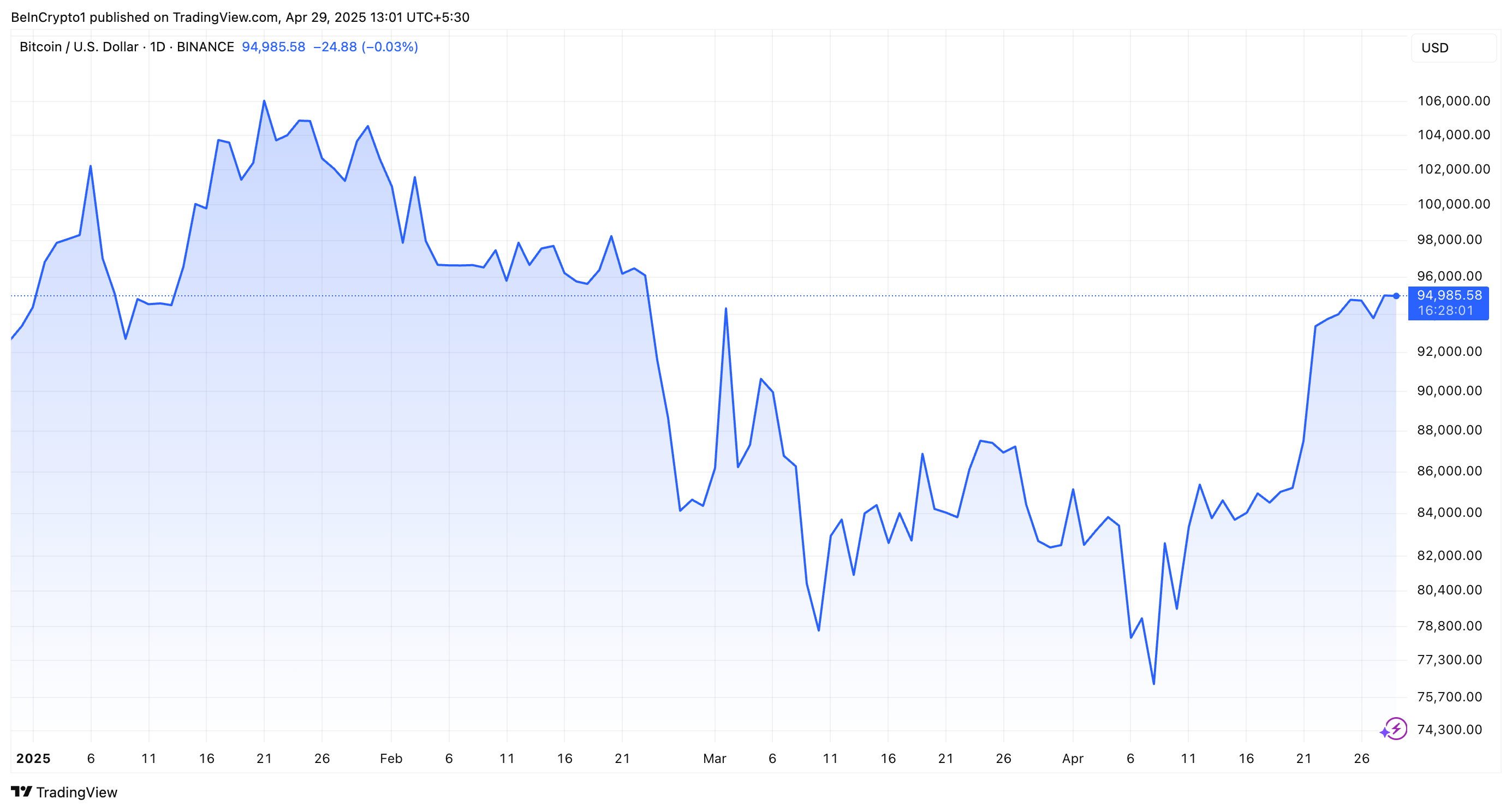In a significant geopolitical shift, China is poised to extend its Belt and Road Initiative (BRI) into Europe in 2024, solidifying its influence on the continent. With recent trade agreements signed with Azerbaijan and Georgia, China is strategically positioning itself to strengthen economic ties with South Caucasian nations, marking a pivotal moment in its global trade ambitions.
Expanding China’s Trade Influence
The BRI, launched by President Xi Jinping in 2013, has traditionally focused on enhancing trade connections in Asia and Africa. Now, as China looks to broaden its horizons, the focus is on establishing a robust trade corridor that links Asia with Europe. The latest agreements aim to facilitate infrastructural developments, streamline customs procedures, and improve logistics along this crucial route.
“The signing of the memorandum gives us the opportunity to establish closer trade and economic ties with China,” stated Georgia’s Ministry of Economy and Sustainable Development. “It also enables us to attract additional investments and increase the export of Georgian products to China.” This sentiment reflects a growing eagerness among developing nations to engage with China, recognizing the potential economic benefits of the BRI.
A New Corridor for Trade
Azerbaijan and Georgia play a vital role as the Middle Corridor between Asia and Europe, making them key players in China’s strategy. By tapping into this geographic advantage, China aims to enhance its trade relationships, opening up new markets and boosting exports. The BRI’s expansion into Europe represents an evolution of its approach, focusing on deeper integration with European economies.
Critics, however, voice concerns regarding the implications of China’s expanding footprint. The BRI has been criticized for fostering dependency through loans that can lead to financial instability in recipient countries. Nations like Sri Lanka, Pakistan, and Afghanistan have faced severe economic challenges after failing to repay Chinese loans, raising alarms about the potential pitfalls of participating in the BRI.
Navigating New Challenges
As China moves forward with the BRI in Europe, emerging economies must tread carefully. While the prospect of increased investment and trade is appealing, the historical context of BRI projects underscores the need for vigilance. The situation in Sri Lanka, which experienced a near-economic collapse in 2021, serves as a cautionary tale for nations considering participation in the initiative.
The unfolding dynamics of the BRI in Europe will undoubtedly attract global attention. Observers will be keen to see how countries navigate the complex balance of economic growth and financial sovereignty. The real question remains: will the BRI enhance economic development, or will it further entrench financial dependency on China?
As 2024 approaches, the stakes are high for all parties involved. China’s ambition to reshape global trade through the BRI is clear, but its long-term implications for Europe and beyond are yet to be fully realized. The expansion of the Belt and Road Initiative may indeed signal a new era of trade, but it also invites scrutiny and a reevaluation of the costs and benefits of such partnerships.
Also Read: China’s Yuan Surges 21.1% In Cross-Border Transactions – A Bold Challenge To The Dollar’s Dominance
The coming months will be critical as European nations assess their positions in the evolving landscape of global trade influenced by China’s ambitions. Will they embrace the opportunity, or will they heed the warnings of those who have gone before them? The answers lie ahead as the Belt and Road Initiative unfolds in Europe.






